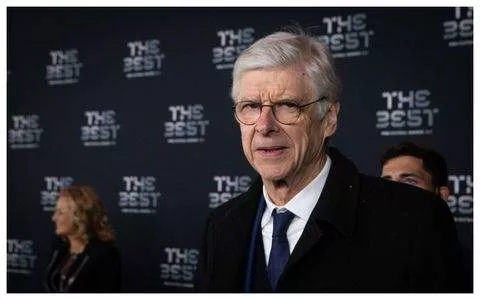
The African Cup of Nations (AFCON) tournament this year was nothing short of electrifying, marking a significant step forward in the world of African football.
With underdog nations stepping up to the plate and showcasing their ability to compete against the continent's traditional powerhouses, the tournament painted a vivid picture of a rapidly evolving landscape in African football.
Arsène Wenger, having witnessed the spectacle first-hand, shared his insights on the tournament's progress, the burgeoning talent within Africa, and the vital steps needed to nurture this pool of potential.
On the Field Excellence and Beyond
Wenger observed notable improvements in the tournament's organization, from the quality of the pitches to the intense commitment displayed by the teams.
"Overall, it was a tournament of the small margins between the teams," Wenger remarked, highlighting the compactness and lack of space on the field, a trend also seen in the 2022 FIFA World Cup in Doha.
The Future of African Football: Clubs and Competitions
The need for stronger club competitions within Africa is a sentiment Wenger strongly advocates. He points out that the continent's inability to retain talent stems from the financial incapacity of its clubs.
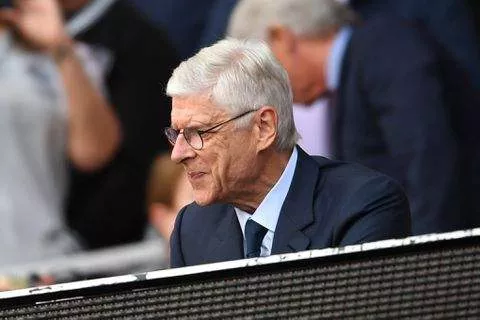
Strengthening these institutions is seen as pivotal, not just for the success of individual nations but for the continent's footballing culture as a whole.
"The potential, it's a goldmine for football," Wenger states, underlining the importance of developing stronger clubs and competitions akin to those in Europe to harness Africa's vast potential.
Stepping Stones: FIFA's Role and the Path Ahead
FIFA's Forward investment program has played a crucial role in elevating the infrastructure and operational aspects of the sport within Africa. Wenger believes the next crucial steps involve the education of young talents and the creation of more academies.
"We are in this phase, now, at FIFA, and we will develop more academies in all the countries in Africa," he shared, envisioning a future where African teams can genuinely contend for the World Cup title.
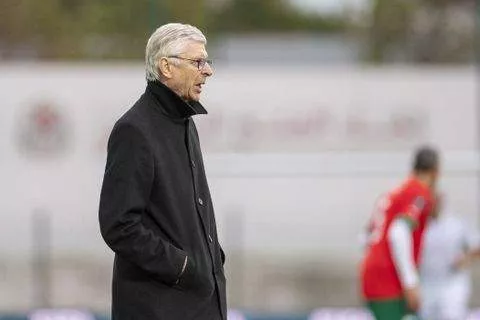
The increase in World Cup slots in 2026 to 48 teams offers a beacon of hope and opportunity for African nations. Wenger sees this as a moment to capitalize on, to push for the rapid development of young talents. The aim is not just to participate but to challenge on the world stage.
Simplifying Football Education
When discussing football education, Wenger breaks it down to its essence: making the ball your friend. Starting from a young age, this education lays the foundation for players to adapt to various styles of play, a prerequisite to competing at the highest levels.
The Talent Development Scheme by FIFA, with Wenger at the helm, plans to further this mission by opening new academies across Africa, focusing on both boys and girls.
This initiative is part of a broader goal to elevate the quality of football globally through superior education and competitive structures.

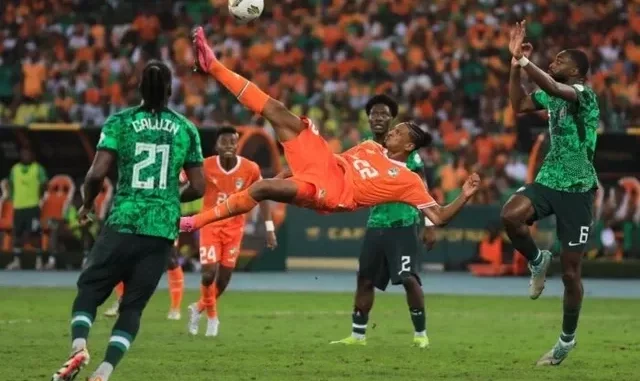
![AFCON: All Round of 16 matches confirmed [Full list] AFCON: All Round of 16 matches confirmed [Full list]](https://static.netnaija.com/i/QJNjZrApNrL.webp)
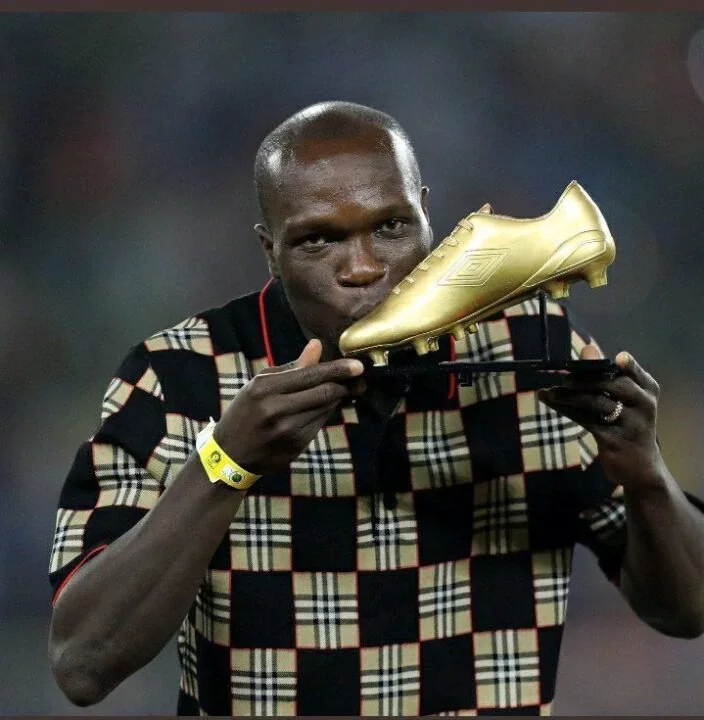
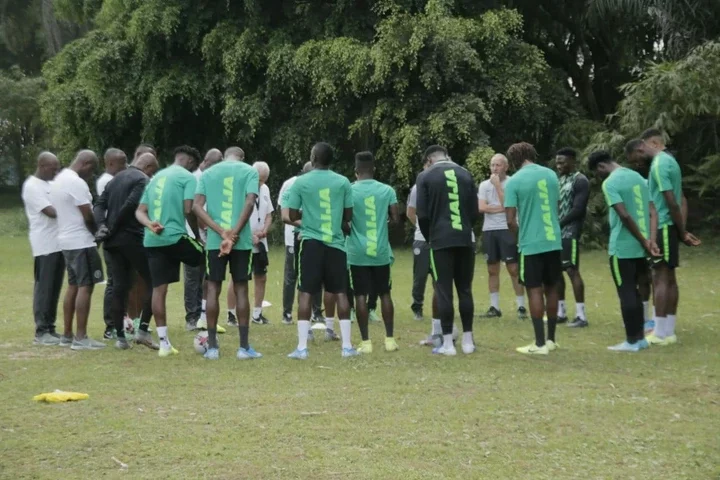











Comments